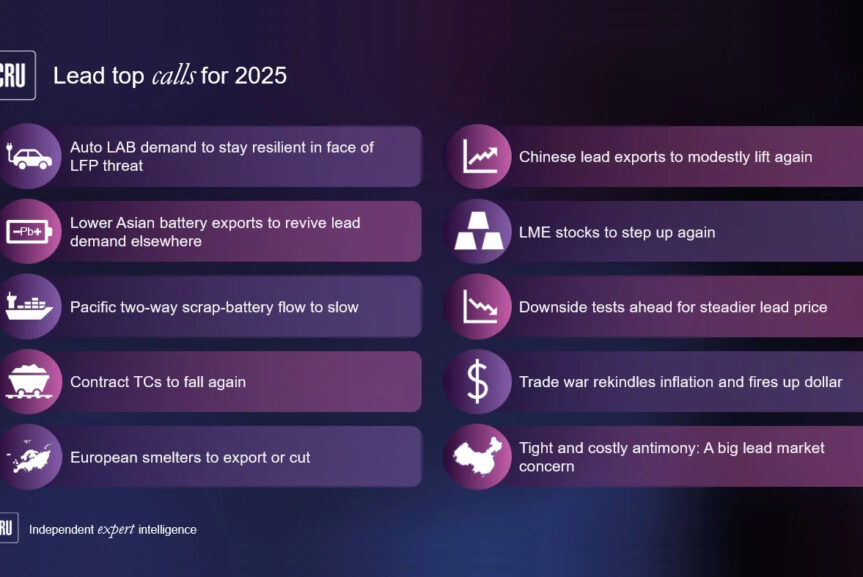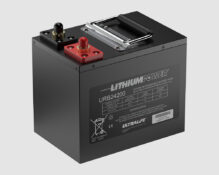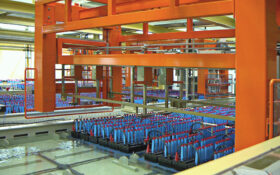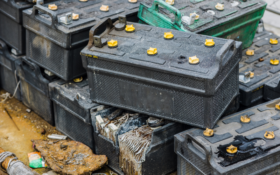Upcoming midterm elections in the US could trigger a fresh assault on the country’s lead-acid battery sector, battery chiefs have been warned.
Environmental and health law specialist, David Weinberg (pictured), told the Battery Council International (BCI) Convention and Power Mart Expo in Arizona that Donald Trump’s low approval ratings could see the president’s Republican Party lose ground to the Democrats— which risked hurting lead.
Weinberg, BCI’s veteran legal counsel a DC-based law firm Wiley Rein, said the “environmental justice” community had been much more mooted on issues that could be used to attack lead under Trump’s presidency than would have been the case if Democrat Hillary Clinton had been in the White House.
“The Trump administration is much more prepared than previous ones to recognise that lead batteries have nothing to do with environmental problems such as lead pipes and lead in drinking water,” Weinberg said.
But Weinberg warned there was increasing activity targeting the lead-battery in federal states, such as California and, on a national level, “whatever happens in the November midterms could really scramble everything”.
“Congress is very closely divided and it’s not going to take very much for the Republicans to lose control of one or both houses (of Congress),” Weinberg said.
However, even the Trump administration could preside over difficulties for lead. Weinberg said Environmental Protection Agency chief Scott Pruitt had told legislators lead was a “high priority issue”— and had convened a meeting of an inter-agency environmental health and safety task force that had been in place since the administration of Bill Clinton.
“This task force links every agency with some involvement in lead issues and those agencies have now all been instructed to come up with proposals to be made public in June or July this year,” Weinberg said. This would see increased attention on lead in the press, but Weinberg said there were still “some rational people in the administration” who can differentiate batteries from issues such as lead in drinking water.
Weinberg told BCI the lead battery industry’s impressive recycling credentials “continue to be very important”, adding” “Also really important is to demonstrate innovation to overcome the broad public prejudice against lead-acid batteries as an old technology and make people understand some of the cutting edge things that industry is working on.”












